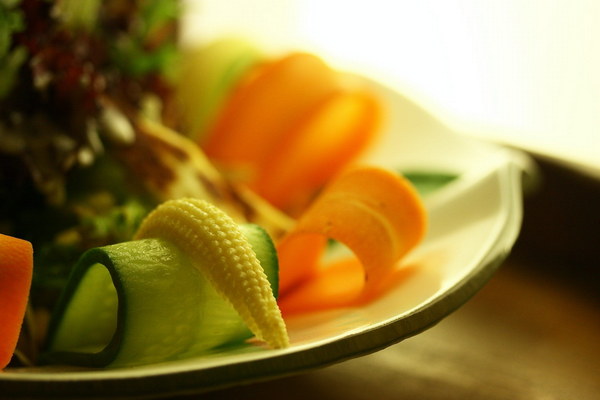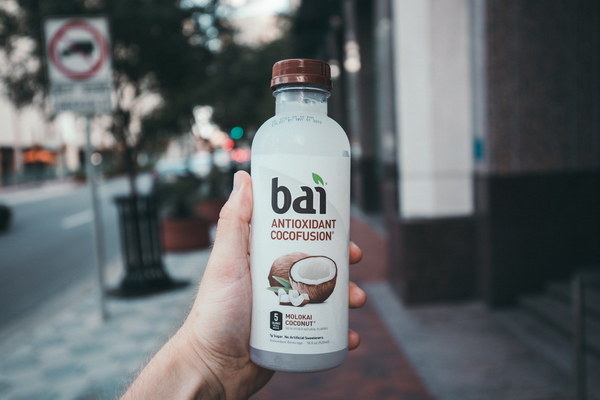Recovering After Abortion A Comprehensive Guide to Post-Abortion Nutrition and Self-Care
Introduction:
Experiencing an abortion can be a physically and emotionally challenging time for many individuals. While the healing process varies from person to person, it's important to take care of oneself during this period. One of the key aspects of recovery is focusing on post-abortion nutrition, which can aid in physical healing and emotional well-being. This article will provide a comprehensive guide to post-abortion nutrition and self-care, helping individuals navigate this sensitive period.
1. Understanding the Physical Effects of Abortion:
An abortion can cause various physical changes in the body, including hormonal fluctuations, uterine lining shedding, and potential blood loss. These changes can lead to weakness, fatigue, and a compromised immune system. Therefore, it's crucial to focus on a balanced diet and adequate hydration to support the body's healing process.
2. Post-Abortion Nutrition:
a. Fruits and Vegetables: Rich in essential vitamins, minerals, and antioxidants, fruits and vegetables should be a staple in the post-abortion diet. Aim for a variety of colors to ensure a wide range of nutrients. Include leafy greens, berries, citrus fruits, and cruciferous vegetables to support overall health.
b. Lean Proteins: Protein is essential for tissue repair and muscle strength. Incorporate lean protein sources such as chicken, turkey, fish, tofu, legumes, and eggs into your diet. This will help your body rebuild and strengthen itself after the abortion.
c. Whole Grains: Complex carbohydrates, such as whole grains, provide sustained energy and fiber. Include foods like brown rice, quinoa, whole-wheat bread, and oatmeal to maintain blood sugar levels and support overall health.

d. Healthy Fats: Good fats, such as omega-3 fatty acids, are essential for hormonal balance and reducing inflammation. Include sources of healthy fats like avocados, nuts, seeds, and olive oil in your diet.
e. Hydration: Staying hydrated is crucial for overall health and recovery. Drink plenty of water throughout the day, and consider adding herbal teas, broths, and coconut water to your fluid intake.
3. Nutritional Supplements:
While a balanced diet should provide most of the necessary nutrients, some individuals may require additional supplementation. Consult with a healthcare professional before starting any new supplement. Common supplements to consider include:
a. Multivitamin: A multivitamin can help fill any nutritional gaps and support overall health. Choose a high-quality multivitamin with iron and folic acid, as these are important for post-abortion recovery.
b. Vitamin C: This antioxidant helps boost the immune system and aids in wound healing. Aim for 75-90 mg per day.
c. Vitamin E: Another antioxidant, vitamin E, supports skin health and aids in healing. Aim for 15 mg per day.
d. Omega-3 Fatty Acids: These essential fatty acids support hormonal balance and reduce inflammation. Consider a fish oil supplement or increase your intake of fatty fish like salmon, mackerel, and sardines.
4. Emotional Support and Self-Care:
Nutrition is just one aspect of post-abortion recovery. It's important to address emotional well-being as well. Consider the following self-care practices:
a. Seek emotional support: Reach out to friends, family, or a support group to talk about your feelings and experiences.
b. Practice relaxation techniques: Engage in activities like yoga, meditation, or deep breathing exercises to help manage stress and anxiety.
c. Prioritize rest: Allow yourself time to rest and recover, both physically and emotionally.
Conclusion:
Recovery after an abortion is a sensitive and personal process. Focusing on post-abortion nutrition and self-care can aid in physical healing and emotional well-being. By incorporating a balanced diet, staying hydrated, and seeking emotional support, individuals can navigate this challenging period and emerge stronger. Remember to consult with a healthcare professional for personalized advice and support throughout your recovery journey.









